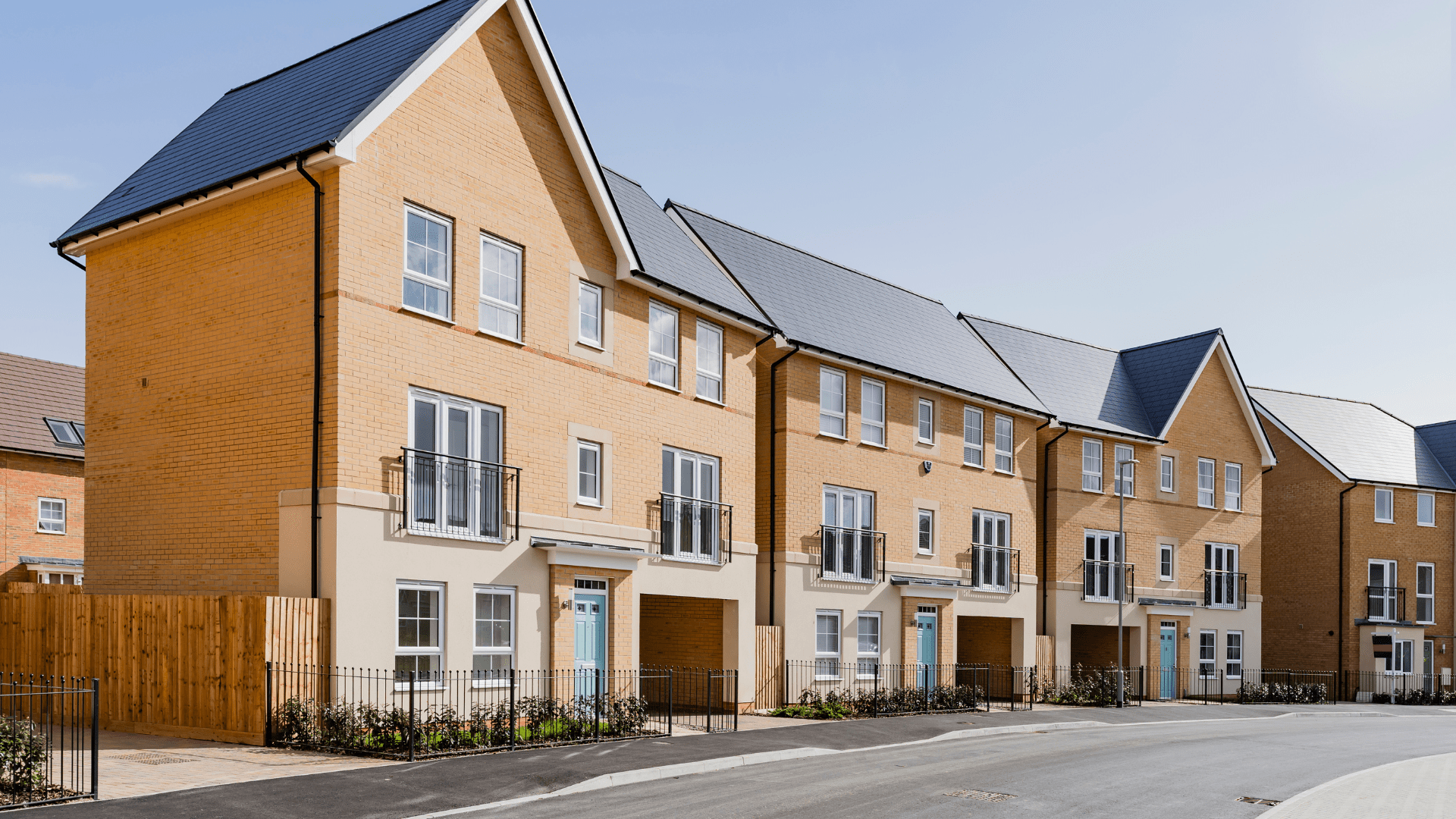
What You Should Know When Buying a New Build Property
New build homes offer modern design, energy efficiency and no upward property chain – all of which make them an attractive option for buyers but purchasing a new build is often more complex than buying an existing home.
In this article, Bridge McFarland’s residential property lawyers, based across East Yorkshire and Lincolnshire, highlight the potential pitfalls of purchasing a newly built property and, more importantly, what you can do to ensure the process runs smoothly.
Why Are New Build Purchases Often More Challenging?
New build homes bring unique challenges, including:
- Legal Complexities: Contracts often include clauses for completion dates to be on notice (rather than fixed dates), construction snagging provisions (that deal with defects in work), and warranties (who is responsible for what if something goes wrong). These need specialist review.
- Buying Off-Plan: Committing to a property not yet built means relying on plans and specifications that can be subject to change.
- Delays: Construction timelines can shift, so contracts should safeguard you against lengthy delays.
- Snagging Issues: Defects are common so having a clear understanding of what needs to be remedied and by whom is fundamental
- Ongoing Costs: Shared amenities often come with maintenance fees, which must be transparent and fair (these are known as service or estate charges).
Considerations for New Build Buyers
- Instruct an Experienced Solicitor: Our team specialises in new builds, ensuring contracts protect you and cover completion timelines, warranties, and snagging.
- Check Reservation Terms: Reservation fees are often non-refundable.
- Investigate Developers and Warranties: Ensure the developer has a good reputation and that the property includes a 10-year structural warranty like NHBC Buildmark.
- Align Mortgage Offers: New builds often take longer to complete. You should ensure your mortgage offer fits the timeline.
- Understand Tenure and Charges: Whether freehold or leasehold, you should ascertain whether there are ground rents, service charges, or estate maintenance fees you will need to pay.
- Restrictions: New build properties are commonly sold with restrictions on what you can do with the property after completion. Generally, these restrictions are to ensure all future owners of properties on the development keep to the same standards to avoid negatively impacting on neighbouring properties.
Your New Build Purchase Process
- Developer’s Documentation: We’ll review and advise you on the documentation provided by the developer, including projected service charges and will ensure these are fair, fall in line with legislation and that you have a clear understanding of your responsibilities and obligations.
- Property Searches: We’ll check local developments and planning issues that might impact your home’s value.
- Understand Costs: We’ll advise you on any payments due to the developer on completion before providing you with a completion statement outlining fees, Stamp Duty Land Tax, costs and charges.
- Stay Informed: Our team will keep you informed and provide updates on all material developments as your purchase progresses.
Why Choose Bridge McFarland LLP?
If you are considering buying a new build property, speaking to a regulated and professional solicitor or conveyancer with experience in new build conveyancing is essential to ensure your interests are protected, and the process runs efficiently.
With offices across East Yorkshire and Lincolnshire, including Hull, Lincoln, Grimsby, Scarborough, Louth, and Market Rasen, we specialise in new build transactions. From reviewing contracts to resolving delays, we’re committed to protecting your interests and making your purchase as straightforward as possible.
Get in Touch Today
For specialist property advice, please call 0800 987 8800 or email [email protected].






